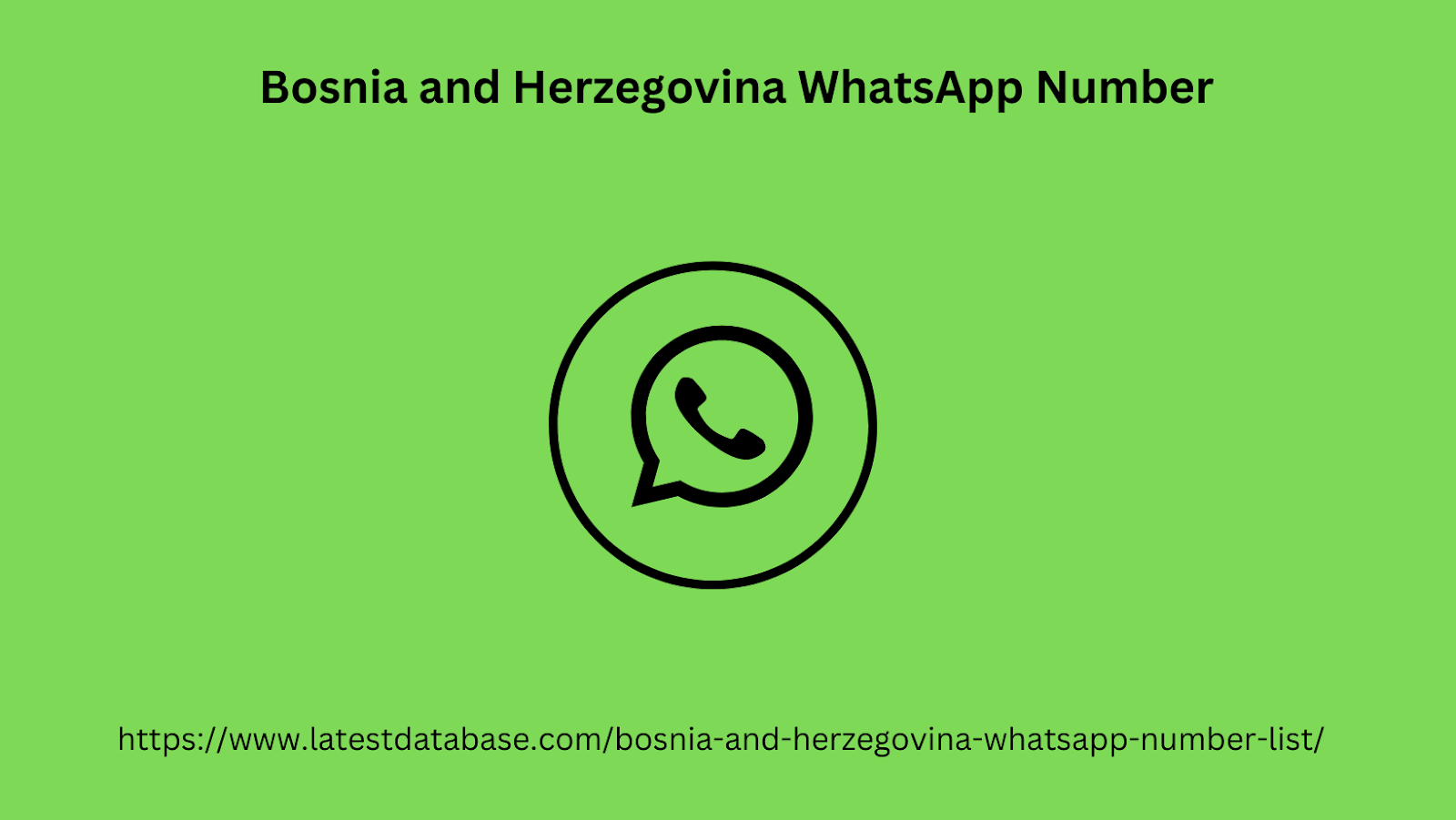- 註冊時間
- 2024-2-20
- 最後登錄
- 2024-2-20
- 閱讀權限
- 10
- 積分
- 5
- 精華
- 0
- 帖子
- 1

該用戶從未簽到
|
Here is an example. Let’s say I have a WordPress website and I publish an article called “The 15 Best Email Marketing Ad Examples You’ll Ever See” where “email marketing ad examples” is my main keyword. As you can see, the title is wrapped with an H1 tag. 5. Body Text This is a really cool SEO tactic, the “rest of text on the page.” You should try to have your main keyword appear at least two or three times in the text.
There's a lot of debate about how long your content should take to rank on Google, but the reality Bosnia and Herzegovina WhatsApp Number is there's no real minimum magic number here - I think, generally speaking, your page should be at least 100 words long. The more text on the page, the better, but you definitely don’t want to ruin the user experience. It really depends on your business: if your site is a text-heavy site, it will be easy to include keywords in the body text. However, if your site is an image-heavy site and doesn't have a lot of text, you'll have a harder time ranking. Let’s say I optimized my SEO strategy on my “San Francisco Cafe” page.

I mentioned the word "coffee" a few times there and I was ready to move on. 6. Image Alt Text and Filenames Of course, you also need to consider the images on your website when executing your on-page SEO strategy. Search engines (Google, Bing, Yahoo, etc.) are not humans, so they cannot see images the way we do. We can help search engines understand the image by naming the image and the "Alt tag" portion. What are alt tags? Alt tags are a way of to search engines and other SEO strategy tools. It's easy to over-optimize this part of SEO, so be careful. Many people get very excited about learning SEO strategies and then name their images: "Nike-Shoes-Buy-Nike-Shoes-Discount-Nike-Shoes-Online-for-Sale.
|
|